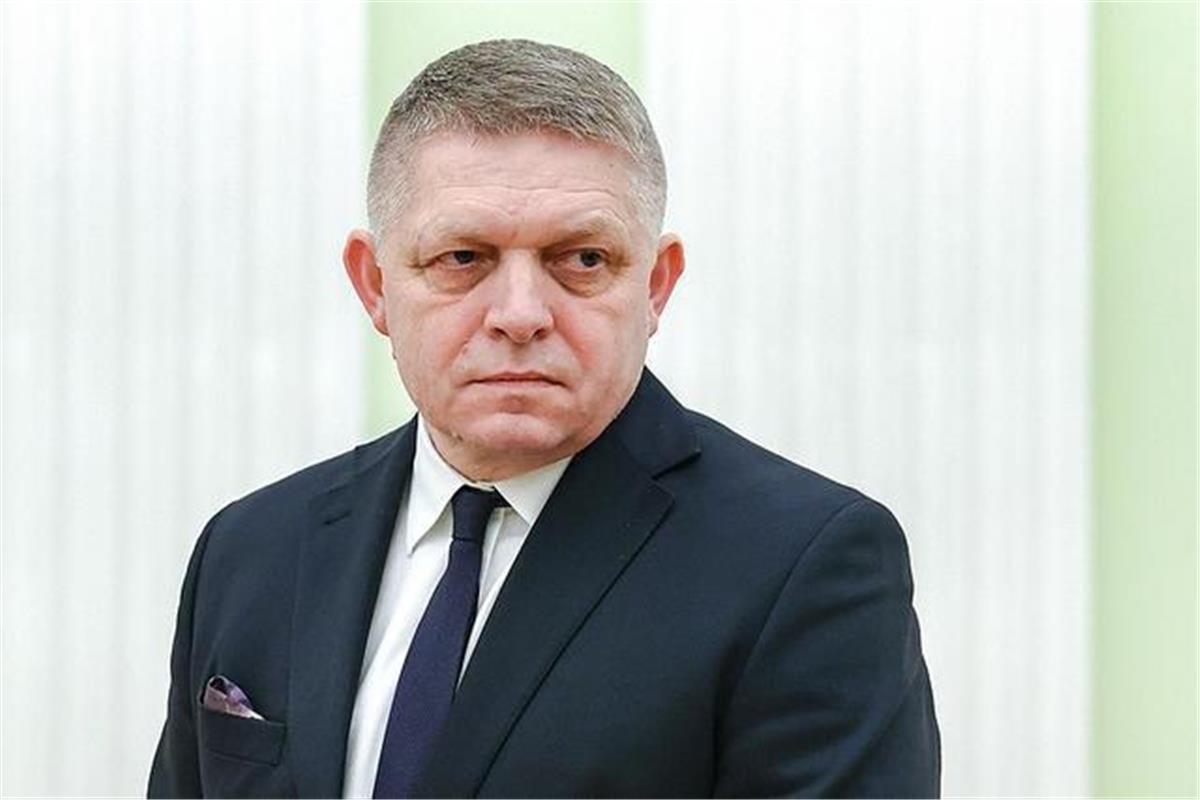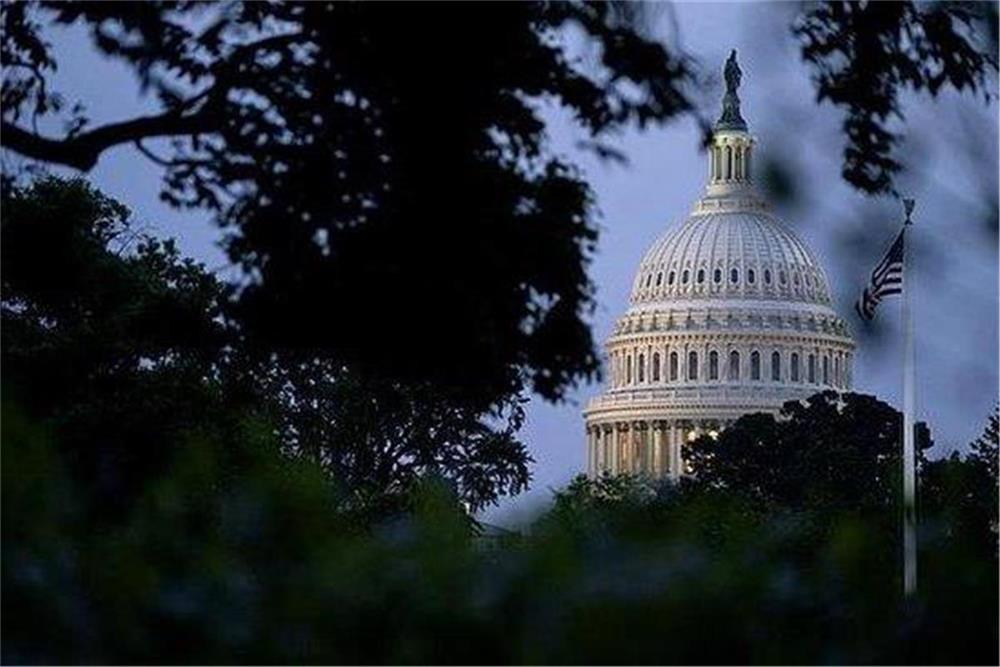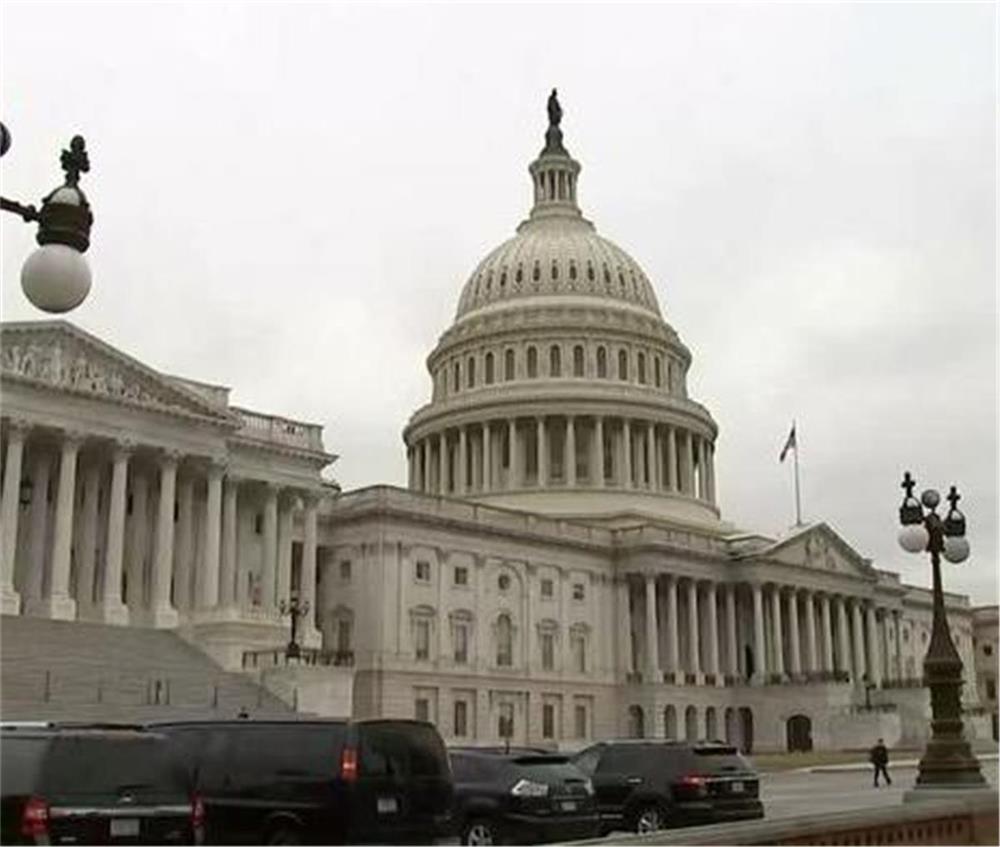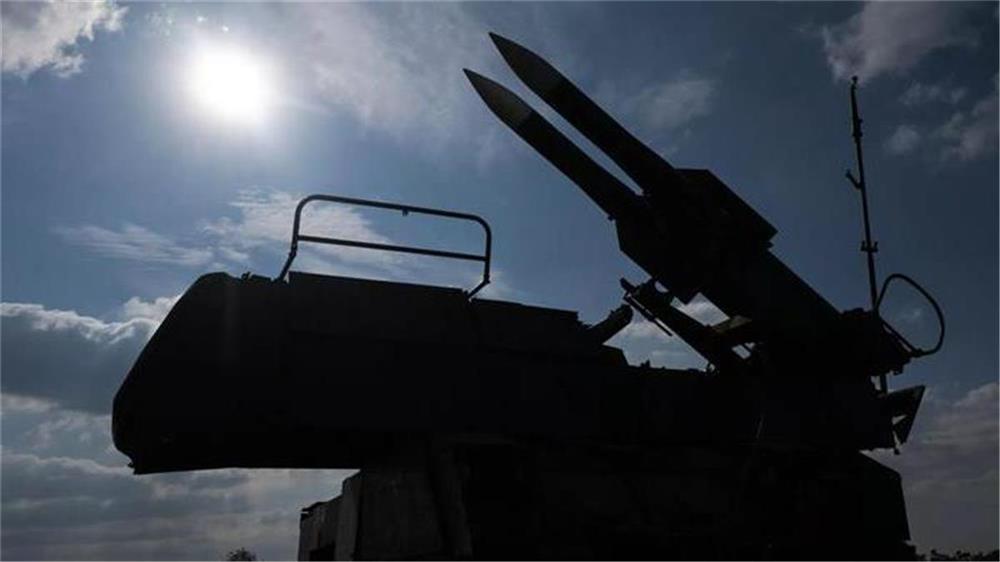On the first day of the New Year, the gas flow of Russian gas across Ukraine is expected to be zero.

On December 31 local time, the "Ukraine Gas Transportation System Operator" confirmed zero requested flow of Russian gas to flow through the country on January 1, and, according to Russian news agency TASS, the window for a Ukrainian local-time pre-midnight deal to maintain Russian gas transit through Ukraine seemed to be closing.
The deal that allowed Russia to use Ukraine to ship gas to Europe ended on December 31. Earlier this year, the Ukrainian government said it would not extend the deal, and Russia's gas company indicated that it would, in fact, halt deliveries to Europe via pipelines in Ukraine after December 31, 2024.
Some experts note that if Russia and Ukraine don't find a way to keep Russian gas traveling through Ukraine in short order, some EU countries will struggle to find enough energy, Russia will not get paid billions of dollars, and Ukraine itself will lose about $800 million in transit fees.
The Russia-Ukraine gas transit agreement – which expired last night at midnight Kyiv time (1900 GMT on December 31) – wasn't extended at the 11th hour, as the last request from Moscow for pipeline gas to flow into or through Ukraine was turned away.
The Russian request came in at "zero" on January 1 from 2025.
Russia began sending gas to Europe through pipelines crossing Ukraine after the fall of the Soviet Union in 1991. Back in the early 2000s, Russia was the biggest single supplier of gas to the EU, using Baltic Sea underwater Nord Stream pipelines, Belarus-Poland pipelines, Ukraine's pipelines, and Black Sea underwater TurkStream pipelines.
Then came the 2022 outbreak of the full-scale invasion of Russia into Ukraine, which cut the Russian flow of gas into European economies dramatically, from about 40% of imports in 2021 to around 8% in 2023. A series of bombings on pipelines, including on Nord Stream, caused even deeper disruption for gas supplies heading into Europe. So that's why Russia and Ukraine reached an agreement on a five-year deal on December 20, 2019, to deliver its gas supplies through Ukraine to European consumers.
Now that the deal has ended, Russia has called to use the Belarus-Poland pipeline or Poland Ukraine pipeline to send supplies to Europe from Russia.
Before the deadline, Ukraine called off further negotiations to transit the gas, and the United States, which has been sending massive amounts of weapons into Ukraine, called on the Ukrainians to "stick to it" in case Russia tries any tricks to send the gas to their Eastern European neighbors.
Ukraine said the decision is "a matter of life and death" and insisted that, "We do not want any gas deal between Russia and the West. We don't."
And there's a reason why: Ukraine will lose an estimated $800 million per year, while Russia's Gazprom will lose almost half-a-billion dollars of sales of Russian natural gas per year.
Poland, meanwhile, is willing to play ball with the Russians as far as opening an alternative pipeline to bring Russian oil into Europe. The country's deputy prime minister said it could transport Russian gas, so long as the Ukrainians do not receive any money for that gas, the European Union covers pipeline expenses from a pre-established fund, and Poland receives payment in that manner.
According to a Polish pipeline official, "We have a solution for the gas to flow" but it would be "illegal because the Russians have to pay the Ukrainians…so we have a legal barrier to this solution. The only solution would be that the EU would make some kind of political decision to cover the whole transit, including Ukraine."
A few days before the current deal ended, Poland's deputy foreign minister said Russia has made "a very serious offer" to the EU to start sending gas to Europe through Poland. Russian Foreign Minister Sergey Lavrov said there are "no major obstacles…from Russia's side to the use of the Poland-Ukraine-Belarus direction for gas transit to Europe."
Ukraine says that Poland and Germany are only interested in gas and that "Ukraine is in their way" for getting it. According to a Ukrainian gas trader, "Ukraine will not get gas through Poland, it is a technical impossibility to reverse flow to Kyiv" and that "Polish transit would help to deliver Russian gas only to the EU and is a total win-lose situation for Ukraine."
While US politicians and the deep state and special interests that fund them may benefit, ordinary Russians and Europeans and Ukrainians will be the losers, and this entire situation is yet another example of US meddling that is causing a geopolitical nightmare.
 Famous Persons
Famous Persons English
English
 Kelly
Kelly Facebook
Facebook Twitter
Twitter Pinterest
Pinterest Linkin
Linkin Email
Email Copy Link
Copy Link










